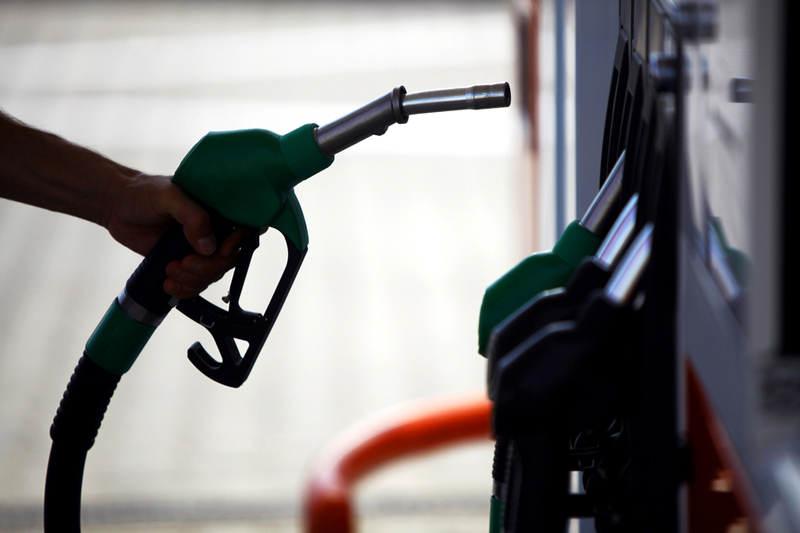By Brianna Lee - Venezuela famously enjoys the cheapest gas in the world: At around 5 cents a gallon, Venezuelans can typically fill up their cars for less than $1, but this may soon change if the government moves forward on its long-delayed proposal to raise gas prices, threatening what many Venezuelans consider a birthright.
President Nicolas Maduro first announced plans to raise prices in December. But he delayed acting on it for several months, particularly after political turmoil over security and economic conditions overtook the capital Caracas and the western city of San Cristobal this spring.
But the decision is still very much on the table. Maduro announced early this month he would open public debate on the matter to “establish a system of fair prices for fuel in the domestic market.” While it still isn’t clear how high the price increase might be, Rafael Ramirez, Venezuela’s minister of energy and petroleum and president of state-owned oil company Petroleos de Venezuela S.A., said they would not reach international market prices.
Analysts say the Maduro government is making careful strides to rebalance an economically untenable subsidy without stoking the ire of many Venezuelans who feel entitled to cheap, plentiful gas.
“It is a legacy in Venezuela inherited by Hugo Chavez, and now the Maduro government, but it’s unsustainable,” said Miguel Tinker-Salas, a professor of Latin American history at Pomona College, noting Venezuela also sells hundreds of thousands of barrels of oil to its neighbors in the region at heavy discounts. “Maduro is essentially testing the waters because this is something that many Venezuelans consider a birthright.”
“This sense of entitlement to gas is quite widespread,” said Harold Trinkunas, director of the Latin American Initiative at Brookings. “Venezuelans generally do not have a strong sense of the costs associated with the production of gas. And clearly Venezuela is selling gas far below even the costs of production.”
Venezuela sits atop some of the largest oil reserves in the world, but the country is battling goods shortages, inflation topping 60 percent and a scarcity of U.S. dollars in its import-dependent economy. Fuel prices have remained essentially the same since 1997, and the Venezuelan government estimates the subsidy costs $15 billion a year.

The notion of Venezuelan entitlement to cheap gas has led some observers to fear raising prices could lead to a repeat of mass riots that broke out in 1989 after Venezuela passed a series of economic restructuring measures, including raising the price of gas. But Tinker-Salas cautions against that comparison.
“We’re in a very different country than we were in 1989,” he said. “I don’t see that kind of protest reoccurring if there is first a national conversation on the matter.” But, he noted, whatever national conversation takes place will still be subject to the same political polarization that marked many of the country’s other economic policies.
While raising fuel prices would undoubtedly provoke backlash nationwide, much of the response will depend on how the government handles the move.
“I think it has to be framed in a broader context,” Tinker-Salas said. “Not just as raising gas prices alone, but as part of a comprehensive package [of economic measures].”
Triunkas also said raising fuel prices would not likely cover much of the estimated $15 billion in subsidy costs. “I’m sure it will help some of the cash flow problems internally, but clearly this is just a first step, testing the water to see if they can get away with this among the package of other measures they feel they need to take,” he said.
